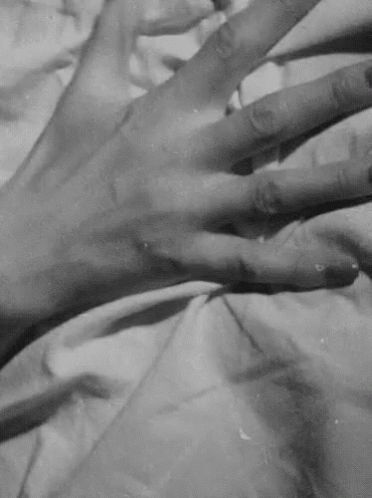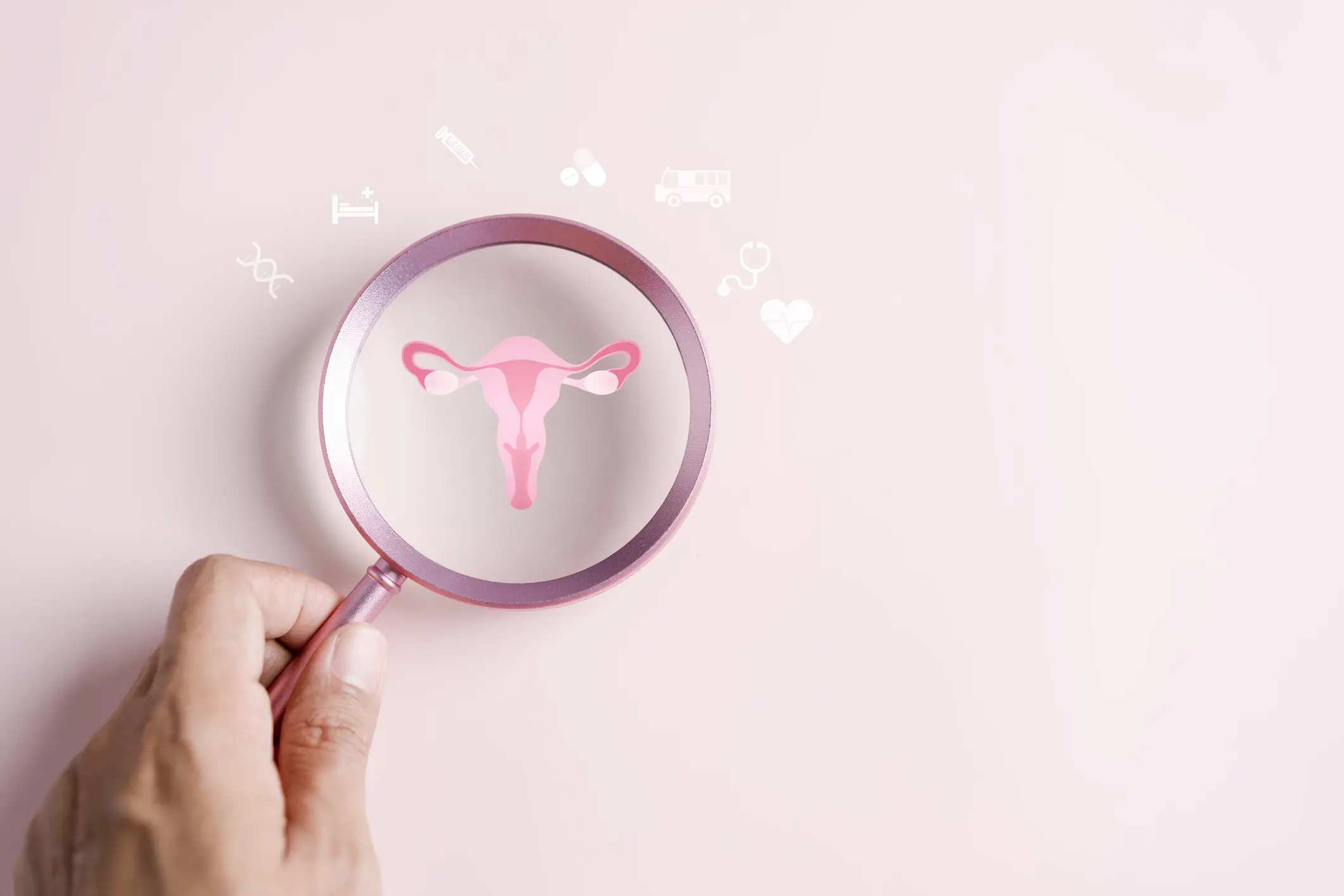
Published on Feb 14, 2023
Last modified on Apr 08, 2025
Sex Should *Never* Hurt. So How Come It Sometimes Does During Menopause?
4 min read
Okay, time for some real talk: the American College of Obstetricians and Gynecologists estimates that 3 in 4 women will experience painful sex at some point during their lifetimes.
And with these vaginal and vulvar symptoms of menopause, there’s a very real impact on the enjoyment of sex for approximately 59% of women.
But that’s not all.
For 24% of women, it also messes with sleep. And for 23%, it impacts general enjoyment of life. (source)
And YET, despite all of these numbers, most of us do not discuss painful intercourse (or vulvovaginal health at all) with our OBGYNs, which we get. It can feel embarrassing! And taboo! And inappropriate! And [insert societal stigma here]! This may help explain why, despite the effective, safe, FDA-approved, locally-applied hormone options that are available for most of us, fewer than 4% of women use them.
What does this mean in practice? Well, for 96% of women experiencing painful sex, it’s become the norm. And this, in turn, has a huge influence on libido.
In true Elektra fashion, we’re here to smash taboos…starting with getting smart on why painful sex is even a thing come menopause.
The causes
Throughout the menopausal transition (perimenopause into postmenopause), painful sex is often closely tied to Genitourinary Syndrome of Menopause which, thank goodness, goes by its acronym, GSM. It’s directly related to the loss of systemic estrogen during these years and encompasses:
- Vaginal dryness
- Loss of elasticity
- Narrowing of the vaginal entrance
- Urinary tract symptoms
(Don’t even get us started on the fact that “vaginal atrophy” is a legitimate medical term to describe the above symptoms…)

Source: Your Pelvic Floor
Discomfort or pain during sexual activity can take several forms. On the one hand, there’s vulvodynia (vul-voe-DIN-e-uh) which refers to irritation or soreness at the entrance to the vagina (since vulva encompasses the outer part of the female genitals, labia and clitoris included). This is a common cause but not the only one.
Some women also experience what’s called vaginismus (va-juh-NIZ-muhs), which is marked by painful muscle spasms at the pelvic floor around the opening of the vagina. The cause for this involuntary reaction? Potentially a previous painful experience, which makes for a vicious cycle (sex is painful due to dryness so you tighten up next time, which causes pain…again).
Then there’s also something called deep dyspareunia (duh-spr-OO-nee-uh), which occurs when there’s pain with deeper vaginal penetration.
The treatment options
Important: unlike hot flashes/night sweats or mood changes, vaginal symptoms do not (we repeat: do NOT) get better over time without specific treatment. Fortunately, there are things you can do to create a sex life that feels right for YOU.
Vaginal estrogen
There’s a whole lot of evidence that vaginal estrogen cream is safe for almost everyone…even safer than Tylenol! It works by helping to maintain the structure and function of the vulvar and vaginal tissue as well as the vaginal microbiome. One of our go-tos is Estradiol from Odela.
And yes, those taking systemic hormone therapy can use local vaginal estrogen as well, particularly if you’re on a very low dose of HRT. And even those with a history of breast cancer can consider vaginal estradiol in conjunction with their oncologist.
READ MORE: Elektra’s Guide To Hormone Replacement Therapy
Vaginal DHEA
Fun fact: the vagina and vulva are filled with what’s called androgen receptors (aka testosterone). Because vaginal DHEA turns into testosterone, it can help with arousal and lubrication.
Moisturize, moisturize, moisturize!
At least three times per week, if you can. (Who said your nightly moisturizing routine was just for your face?) Unlike oil and water-based lubricants, which are meant for sex, vaginal moisturizers and lotions draw moisture into the vaginal and/or vulvar tissues, which typically have less elasticity during menopause due to low estrogen levels. We have a lot of options for moisturizers, including gels, suppositories, and natural oils.
- Revaree is a hormone-free, applicator-free vaginal insert with hyaluronic acid (HA) that renews your body’s moisture. When used every 2-3 days at night, 84% of women experienced improvements in vaginal dryness, 86% experienced a reduction in vaginal itching and burning, and 57% a reduction in painful sex.
- Replens and HYALO GYN are hormone-free gels that are inserted into the vagina using applicators (somewhat similar to those you may have used for yeast infections).
Self pleasure
“Vaginal health matters whether you’re sexually active or not,” explains Anna Barbieri, MD, Elektra’s Founding Physician. “By using a vibrator or dilator at least once per week, you’ll keep those muscles and tissues in shape to prevent narrowing of the vaginal walls. The obvious bonus is that it’s fun, too!”
To learn more about additional, effective treatment options for sexual health — including vaginal lubricants and medications like Ospemifene as well as over-the-counter options — refer to our full guide to libido.
Tending to your pelvic floor
To learn more about pelvic floor physical therapy (PFPPT), check out our interview with Amy Stein, DPT, BCB-PMD, IF, founder of Beyond Basics Physical.
Amy also hosted an IG Live with our Founding Nurse Practitioner, Jackie Giannelli, FNP, about pelvic floor health for menopausal women, which you can re-watch on our Instagram here.
READ MORE:


